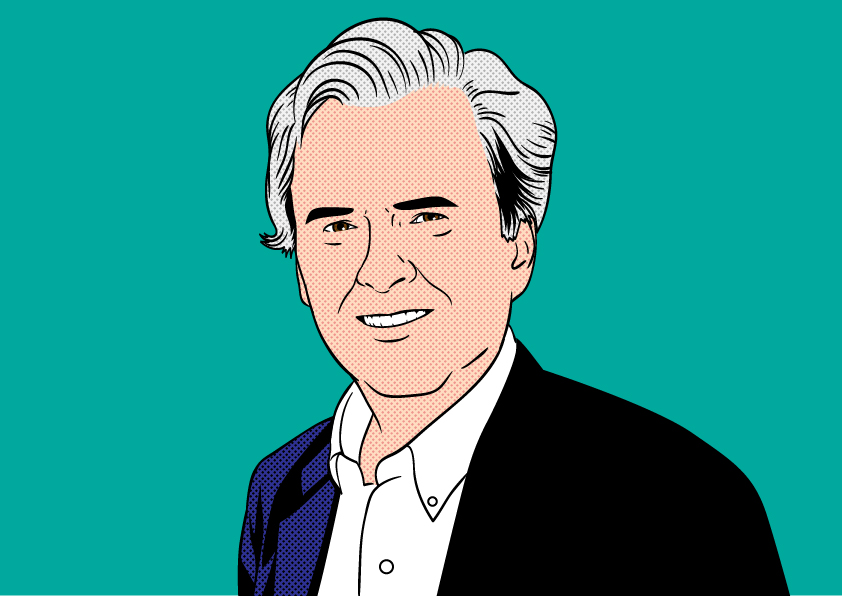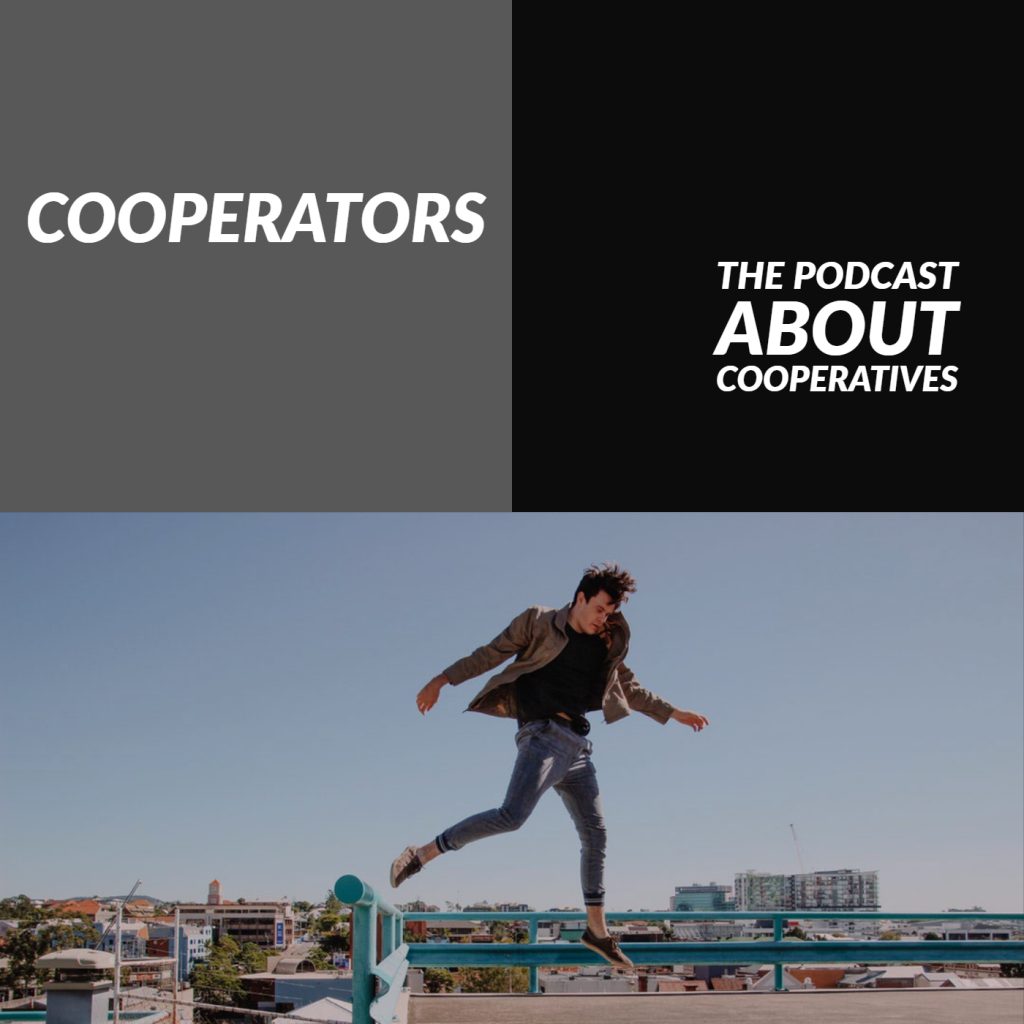Show Us Your Tweets Before Entering the US

By Robert McGarvey
The US government now has announced a policy where applicants for US visas are asked to disclose their social media handles. Apparently about 15 million foreign visitors will be impacted annually.
Would you disclose your Twitter, Facebook, and other accounts to a foreign government?
My Twitter account is @rjmcgarvey, ditto on Facebook, and I have never posted on Instagram, Snapchat, et. al. I have nothing to hide. But I do have questions about this new US information grab.
Is the US overreaching in its paranoia? Should what you post on social media figure into your ability to travel the world? And remember that others will follow the US policy – that is, many nations will start asking for social media handles on visa applications.
So US citizens too will be impacted.
Which brings us to the question: why did the US make this change?
According to TIME, the US explained this thusly: “National security is our top priority when adjudicating visa applications, and every prospective traveler and immigrant to the United States undergoes extensive security screening. We are constantly working to find mechanisms to improve our screening processes to protect U.S. citizens, while supporting legitimate travel to the United States.”
The free speech advocate inside me recoils at yet another government act that may stifle speech.
Even so, I have assumed for some years that the big governments – especially the US, China, possibly Russia – routinely sift through all social media postings. I would also assume that many who post inflammatory stuff do so under pseudonyms. So a visa applicant might have a humdrum account on Twitter in his/her real name – and another account full of hideous nonsense under a fake name. Which account would you guess he’d disclose on his visa application?
Is there any point to this new government intrusion? Will demanding social media handles deliver anything of value?
Then, too, many millions of foreigners enter the US under a visa waiver program that allows passport holders from countries such as Australia, France, Germany, Ireland, Japan, South Korea, and the United Kingdom to enter without a visa.
In FY 2015, about 22 million came in under the visa waiver program (Japan was the leader with 3.7 million). That’s half again more than will come in with a visa but that makes sense because most developed countries are in the waiver program (and in most cases US citizens do not need visas to enter these countries).
As for the new US demands, civil liberties folks are up in arms. Per the New York Times, “This seems to be part and parcel of the same effort to have an extraordinary broad surveillance of citizens and noncitizens,” Elora Mukherjee, director of the Immigrants’ Rights Clinic at Columbia Law School, said of the latest development. “Given the scope of the surveillance efforts, it is hard to find a rational basis for the broad surveillance the Department of State and the Department of Homeland Security have been doing for almost two years.”
Probably, too, this search won’t actually prevent any terrorism. A Washington Post story from a few years ago took up exactly this question and said, naw, it won’t work. Why? The vast majority of posts are about the same old stuff – “Almost all were about traffic, celebrities or the weather. Discovering whether a visa applicant has ever voiced suspect opinions will require searching through acres of haystacks in the hopes of finding a few needles,” said the Post as it reviewed Ukrainian posts after Russia’s seizure of Crimea. Note that timing. Even tho war was breaking out, the overwhelming majority of social posts were about the same old trivialities of everyday life.
Then, too, added the Post, the Internet is awash with hate speech – vide Trump’s Twitter account. There’s a lot of bluster, a lot of ranting, and a lot of plain hate. That means “identifying suspicious social media activity cannot be conclusive without additional labor. Whittling hundreds of thousands of flagged accounts down to a manageable watchlist will be an expensive and time-consuming human effort, not the work of algorithms.”
So probably this is actually just a Washington DC witch hunt not worth the time and effort.


